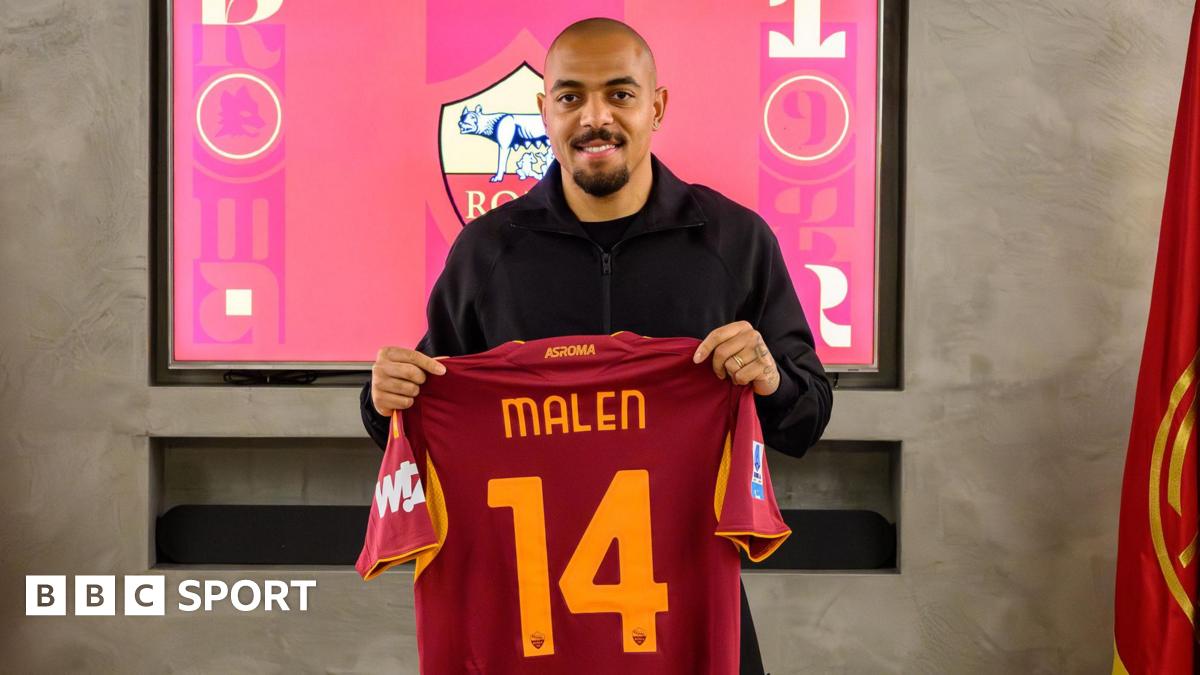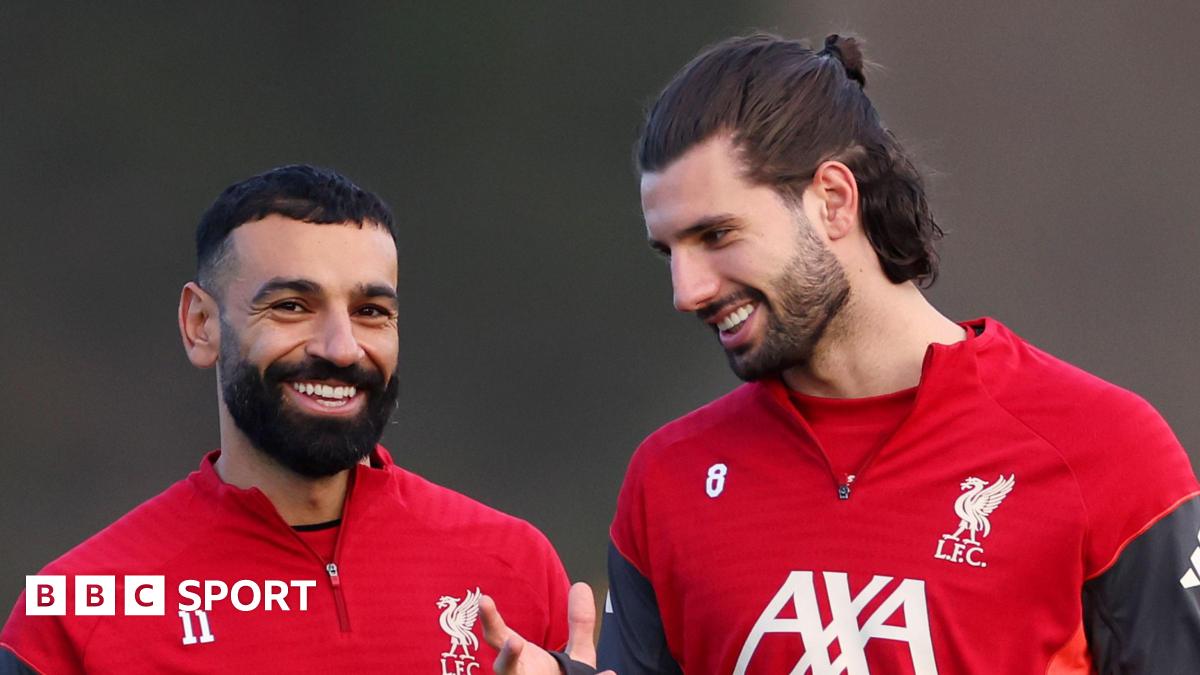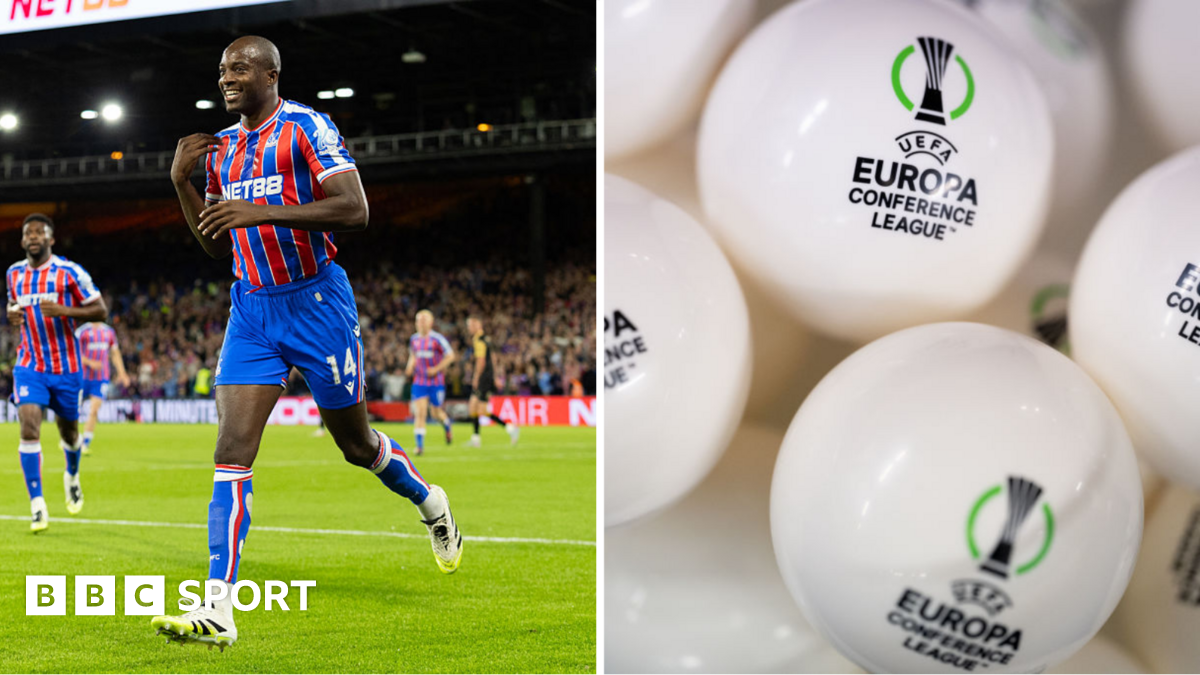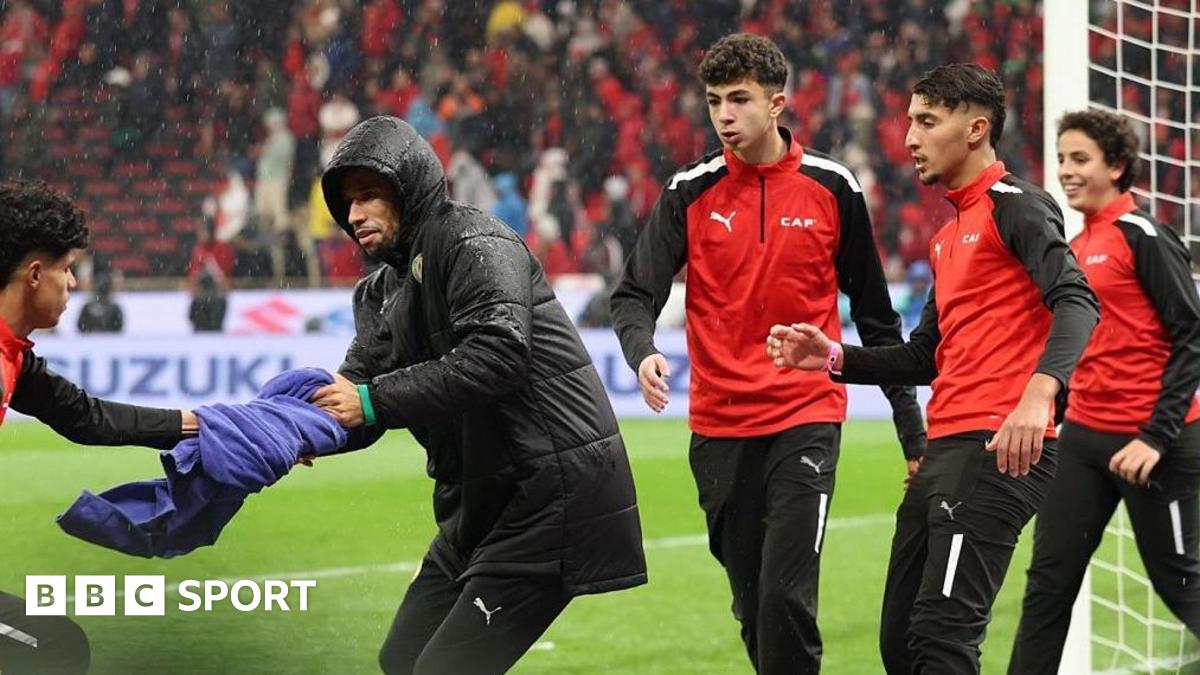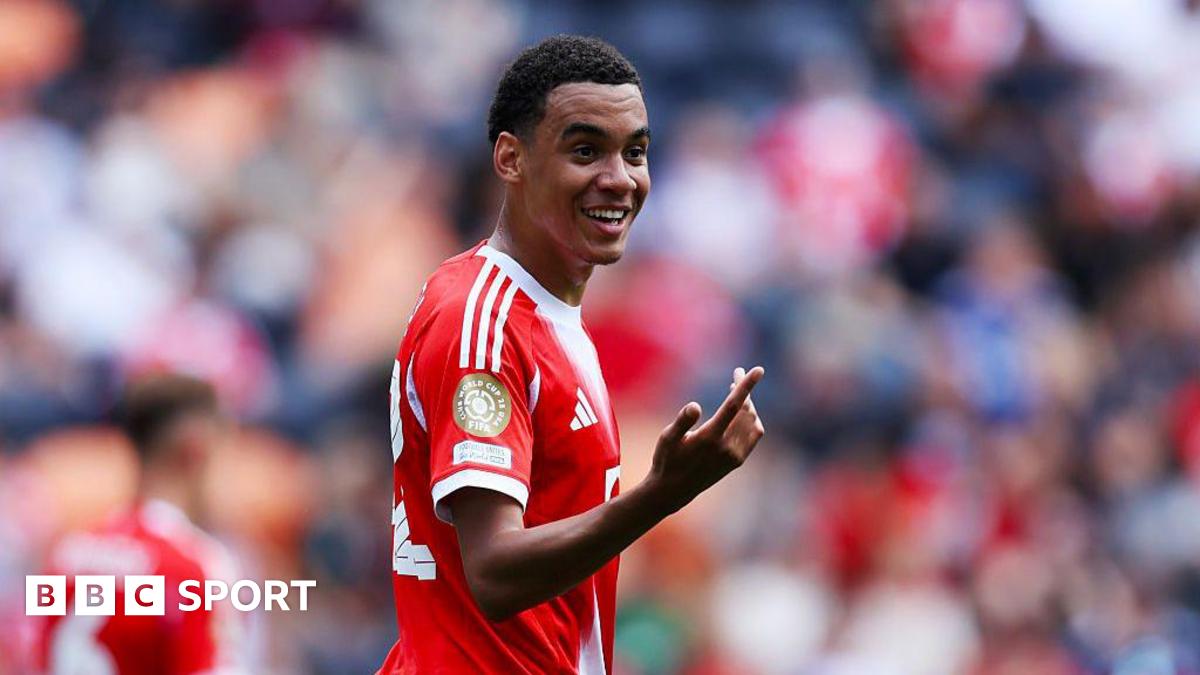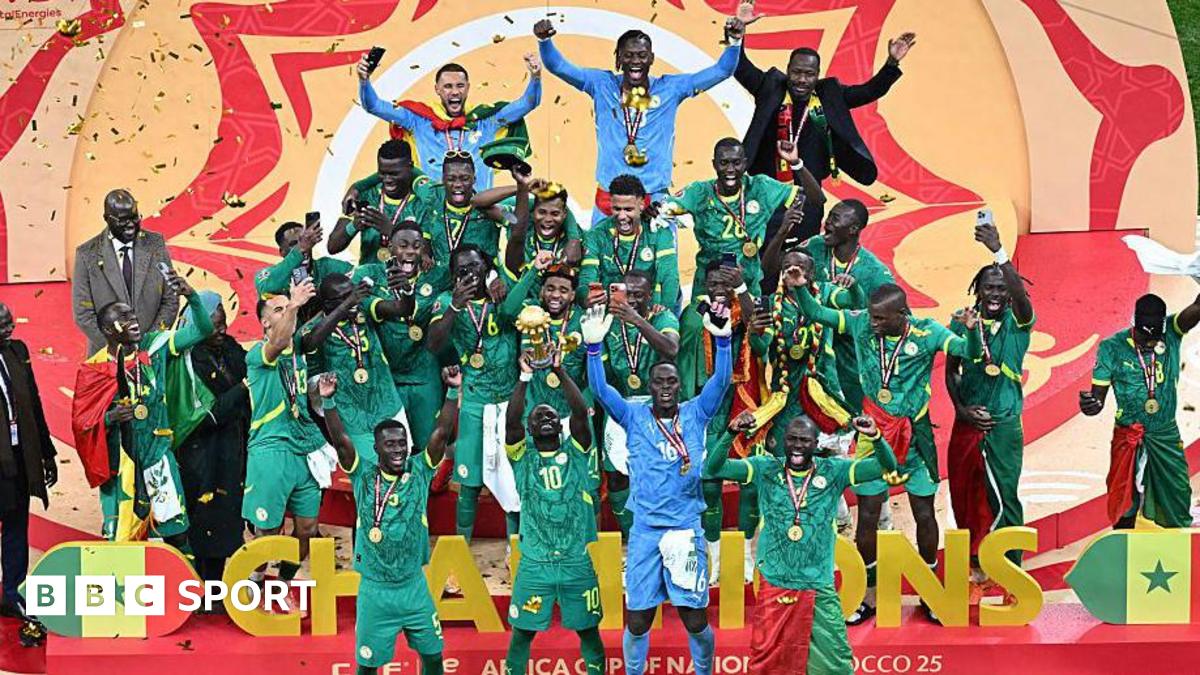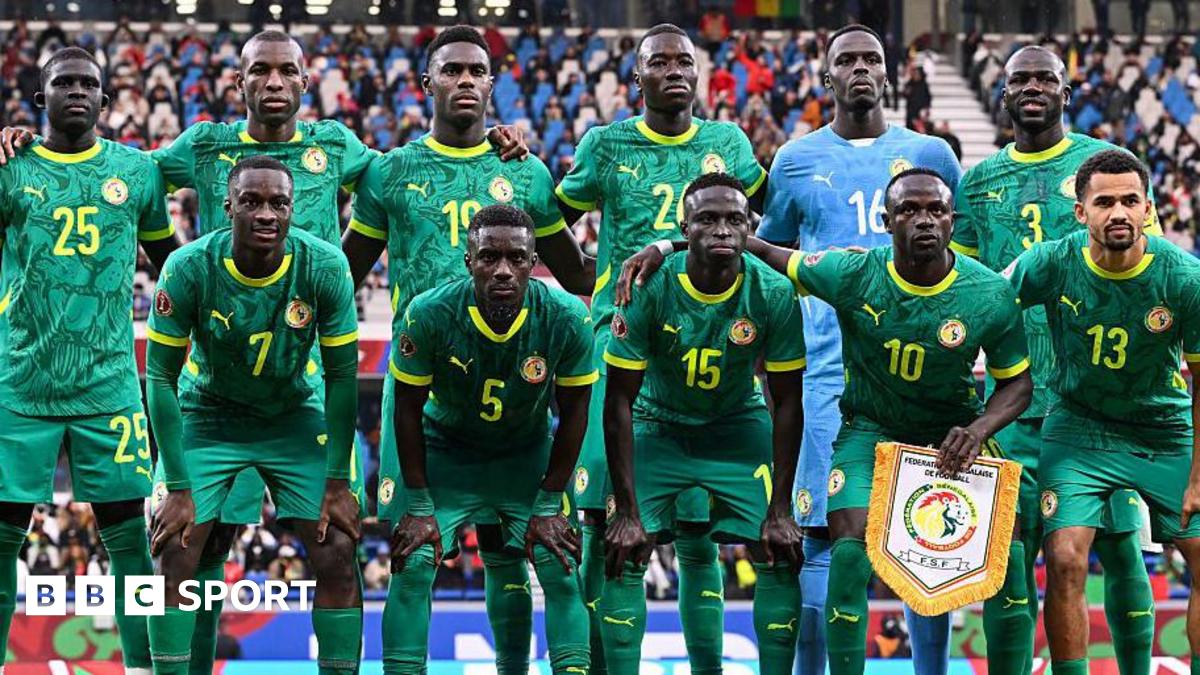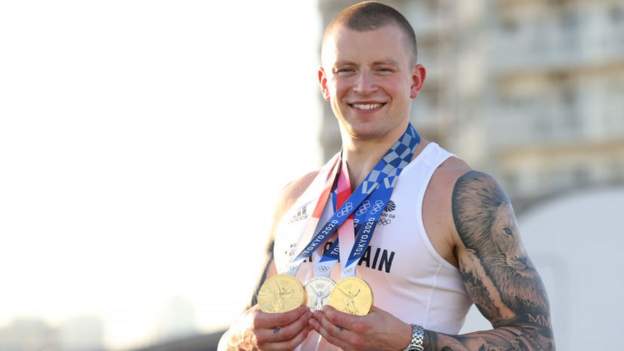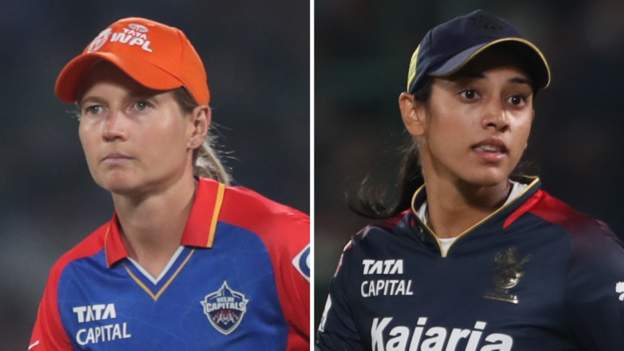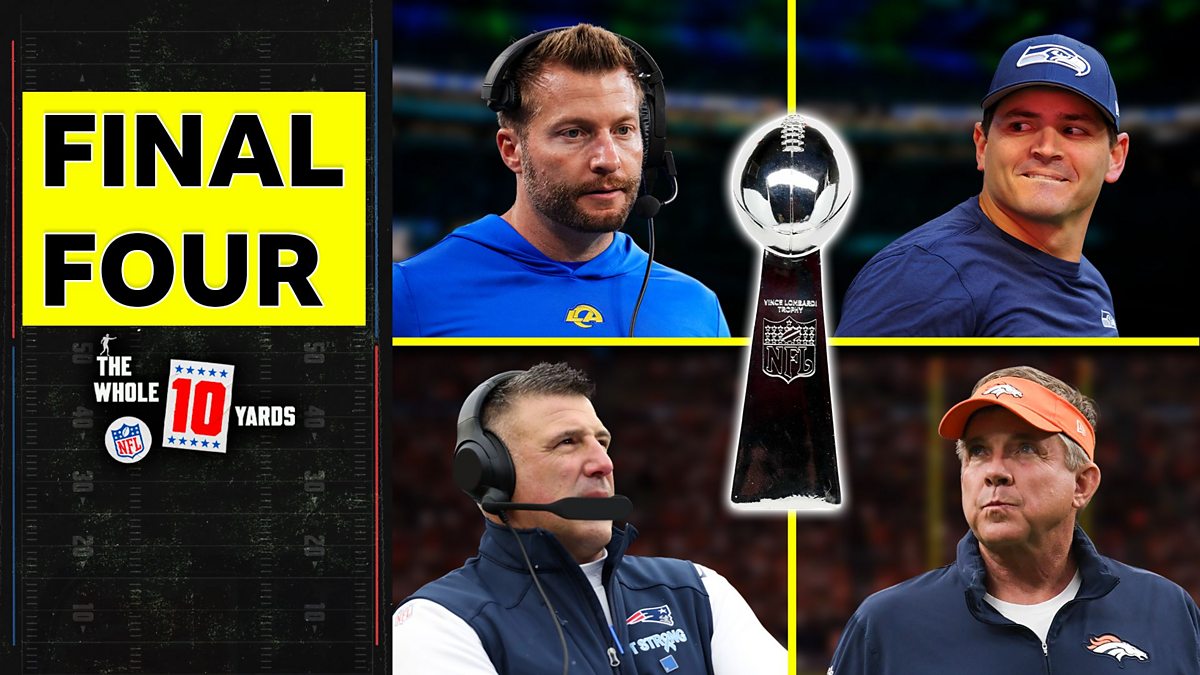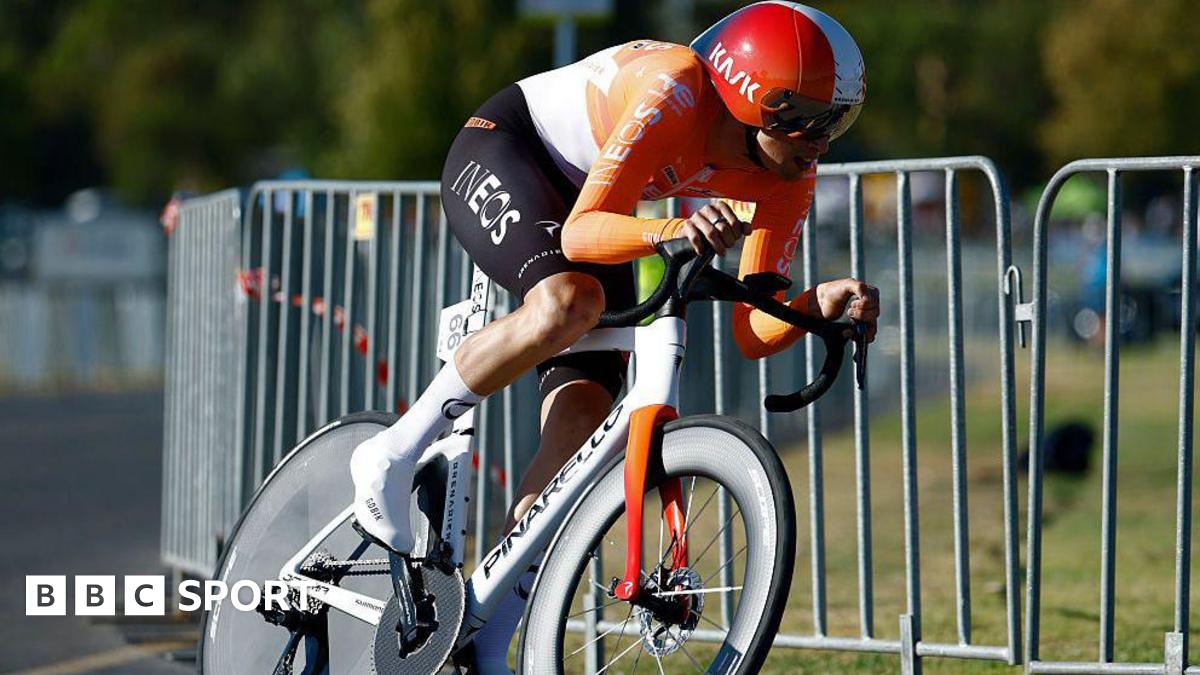Olympic champion Adam Peaty has called on the government to bolster its support of elite athletes who “can’t pay their bills with patriotism”.
Peaty, 26, gave his views on athlete support to MPs along with Paralympians Lauren Rowles and Ellie Robinson.
UK Sport currently distributes funding raised through the National Lottery.
“When you go to the Olympics and we’re third, second on the medal table, the government will get all the credit,” said Peaty.
He told the Digital, Culture, Media and Sport (DCMS) committee: “The government and the country reap those benefits.
“We represent that, we fly that flag very proudly, but we can’t pay our bills with patriotism. I’m very well supported by other companies and sponsors, but more needs to be done from the government, definitely.”
The government announced in August it was providing £77.4m a year to elite Olympic and Paralympic programmes in the three-year period up to the Paris Games in 2024, in addition to lottery funding.
Great Britain returned 65 medals at the summer’s Tokyo Olympics compared with 15 at the 1996 Atlanta Games – one year before Lottery funding was introduced.
Peaty, a three-time Olympic gold medallist, also urged the government to improve its funding of grassroots sport to prevent the closure of leisure centres and called for investment in coaches, adding: “The lottery can only do so much”.
“I’m not a politician,” he said. “I don’t know where the money’s going to come from, but I know if you’ve got a healthier nation, a fitter nation, a happier nation and a valued nation, that return on investment is going to be great.”
The government and the Lottery combined provided £220m to support community clubs and exercise centres through the coronavirus pandemic, distributed in the country by grassroots funding body Sport England.
But DCMS member Kevin Brennan told Peaty that National Lottery operator Camelot had only increased its funding to good causes – which includes funding for sport – by two per cent between 2009-10 and 2016-17, when its profits had increased by 122 per cent.
Asked by Brennan if that was a “massive moral failure” on the part of Camelot, Peaty said: “If I looked at my company and I knew what I was doing, getting 120 per cent profits and only giving two per cent back to a good cause, I would feel morally depleted.”
In response, Camelot said: “It’s disappointing to see people once again referring to an outdated, flawed report – which gives an inaccurate picture of the current health of the National Lottery.
“We retain around one per cent in profit. Last year, we achieved record National Lottery sales of over £8.3bn and over £7.9bn of that went back to winners and society, compared with £78.1m retained in profit.
“Returns for good causes are now £500m more per year than they were at the start of the third licence back in 2009, while profit is up £33.6m.”



